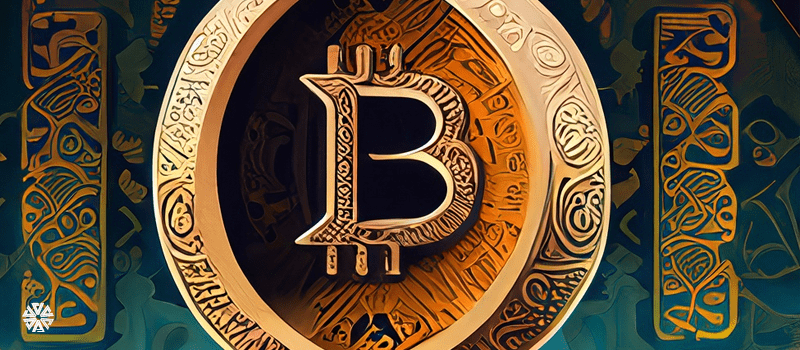Binance Apr: Halal Or Haram
Binance Apr: Halal Or Haram?
Whether Binance APR is halal or haram has been a topic of discussion among members of the Investor Community. Islamic investment guidelines require investments to adhere to Shariah law, which prohibits interest-based transactions, gambling, and other unethical practices.
The community has debated the permissibility of staking services offered by Binance, and whether the use of funds deposited in the ‘defi staking’ option on Binance violates Shariah law. The discussion has focused on the use of interest-based protocols and whether staking for blockchain transactions is considered halal.
Some community members have argued that staking for blockchain transactions is permissible, but services offered by Binance are not. Others have shared research findings on permissible staking options on Binance, but official confirmation is still needed.
This article will explore the debate and objectively analyze whether Binance APR is halal or haram according to Islamic investment guidelines. If you want to know if Binance, the exchange is halal or haram, we have also written about that in much detail.
Islamic Investment Guidelines
The discussion on the halal or haram status of Binance APR in the Investor Community highlights the importance of adhering to Islamic investment guidelines. Sharia compliant criteria and ethical investing principles must be considered before investing in any financial instrument, including cryptocurrency.
Islamic finance principles prohibit any transaction that involves interest, uncertainty, or gambling. Hence, it is essential to evaluate the nature of the transaction, the underlying assets, and the parties involved in the investment.
The ethical principles of Islamic finance also require investors to consider the impact of their investments on society and the environment. Hence, it is essential to assess the investment’s social responsibility and environmental sustainability. Furthermore, investors must ensure that their investment does not contribute to any form of exploitation or harm to others.
In summary, the halal or haram status of Binance APR depends on whether it meets the Sharia compliant criteria and ethical investing principles.
Halal Investor Community Discussion
Participants in a Halal Investor Community are engaging in a discussion regarding the permissibility of certain financial services. Specifically, they are questioning whether Binance APR is Halal or Haram.
This discussion is rooted in the principles of Halal investing, which seek to ensure that investments and financial activities are in compliance with Sharia law.
The current debate highlights several key considerations for Halal investing and Sharia compliance. These include the importance of understanding where invested funds are going, the permissibility of locked staking for PoS coins on Binance, and the potential Haram nature of interest-based protocols.
As the Halal Investor Community continues this discussion, it is clear that a deeper understanding of these principles and their application to financial services will be essential for investors seeking to engage in Halal investing practices.
Permissibility of Staking on Binance
Investors in the Community are currently examining the permissibility of staking on Binance, a popular cryptocurrency exchange.
While M.Abdullah has stated that staking for Blockchain transactions is Halal, he has also noted that services offered by Binance may be Haram.
Khalil Ahmed believes that only locked staking of Proof of Stake (PoS) coins is permissible on Binance. However, M.Abdullah could not find a locked staking option on Binance, but did come across a ‘defi staking’ option in the earn section.
Unfortunately, funds deposited in ‘defi staking’ go to interest-based protocols, which are considered Haram in Islamic finance.
The permissibility of staking on Binance is a complex issue that requires further research and official confirmation.
While APR/APY may not be of concern, the destination of the funds generated through staking is crucial in determining Sharia compliance.
Investors must carefully consider the staking options offered by Binance and assess whether they align with the principles of Islamic finance, particularly with regard to interest-based protocols.
Conclusion
In conclusion, the debate surrounding the halal or haram status of Binance APR is complex and requires further examination and clarification. While some members of the Halal Investor Community believe that staking for blockchain transactions is permissible under Islamic law, the use of funds in interest-based protocols, as offered by Binance, is considered haram.
Khalil Ahmed’s research findings on permissible staking options on Binance may provide some guidance, but official confirmation is needed.
It is imperative that investors, particularly those who adhere to Islamic investment guidelines, conduct thorough research and seek guidance from scholars before engaging in any financial activity. The question of Binance APR’s halal or haram status highlights the importance of understanding the ethical implications of financial decisions.
As the world becomes increasingly interconnected and globalized, it is crucial that investors remain vigilant in ensuring that their investments align with their values and beliefs. The ongoing debate surrounding Binance APR serves as a reminder of the need for ethical-minded financial practices and the importance of conducting due diligence before investing.



Responses